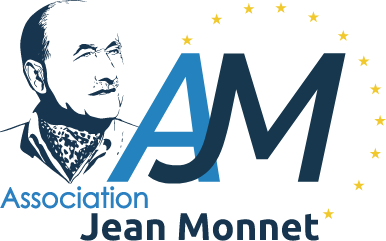History Colloquium "Jean Monnet and the Economy" Autumn 2016
The Jean Monnet Association proposes to hold a one and a half day historical colloquium entitled "Jean Monnet and the Economy" in autumn 2016. The project will be led by Profs Gérard Bossuat (U. de Cergy-Pontoise, UMR IRICE (Paris-1, Paris-4, CNRS) and the steering committee will be composed by: Marie-Thérèse Bitsch (U. de Strasbourg), Éric Bussière (U. de Paris-4), Pascal Fontaine and Éric Roussel.
The aim of this colloquium is to explore the economic sensitivity of Monnet's actions, which often have a political dimension (the European common market project in 1919, the Schuman plan, monetary Europe in the 1960s and 1970s, etc.). On the other hand, his relations with the economy, in the broad sense, have undoubtedly evolved over the course of the century. The world of finance will also be explored, as it conditions economic development. Can we reconstruct and explain them? Jean Monnet was surrounded by brilliant economists, Pierre Uri or Robert Marjolin, but also the American Robert Nathan or Robert Triffin, and these aspects of his life deserve to be explored.
The period from the beginning of the 20th century to 1938 was favourable to Monnet's work as an investment banker in Europe, the United States and China. Although he does not say much about this period, Monnet, as Deputy Secretary General of the League of Nations, then as vice-president for Europe of the Blair and C° business firm, or as director of Bancamerica (formerly Giannini), then as director of the Monnet-Murnane company in Europe and China, had a banking practice that must be discussed, which reveals his practices as an investment banker, his relationship with money and investments. Is he close to the modernising bankers? Is he close to the world of speculation? Whatever the answers, they will be valuable elements concerning Jean Monnet's practices and conceptions of the economy. Whether as a private banker or as a senior official of the British and French governments, and then as the 'father of Europe', Monnet cultivated business relations with American economic and banking circles, with French, British and European circles in general, with Chinese business circles, but also with political circles at the highest level (F.D. Roosevelt).
What can we expect from this conference? Certainly an analysis of Monnet's interactions with these circles in terms of the future organisation of international economic relations. Many witnesses say that Monnet had an impact on them: how far were they influenced in the field of economics and finance?






